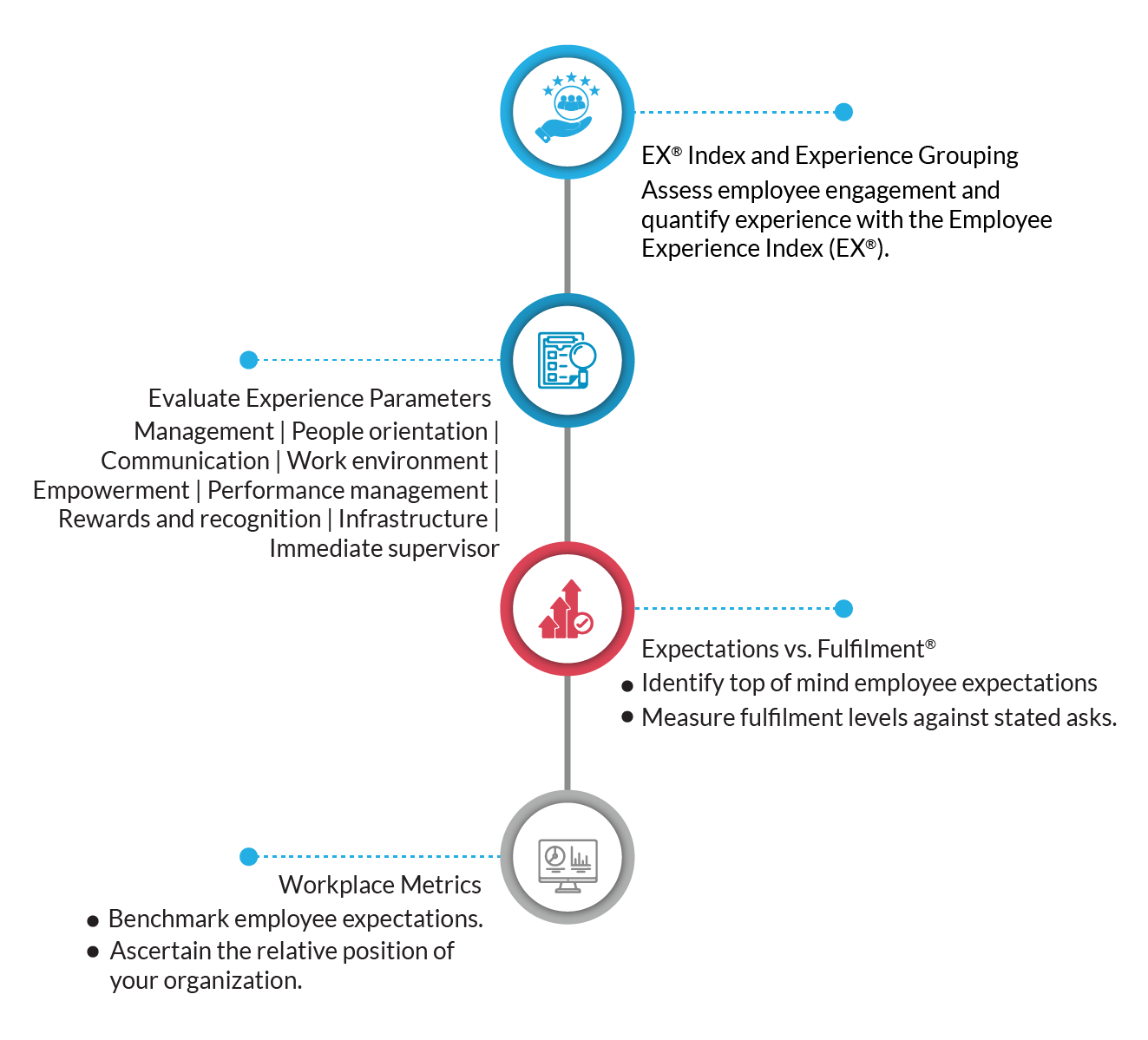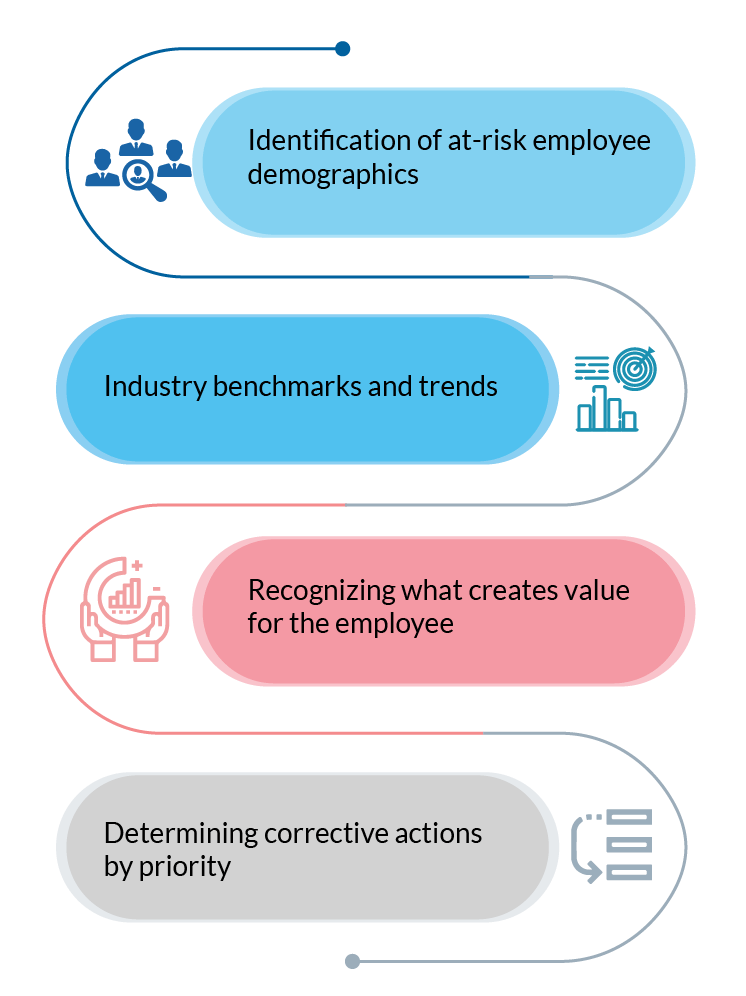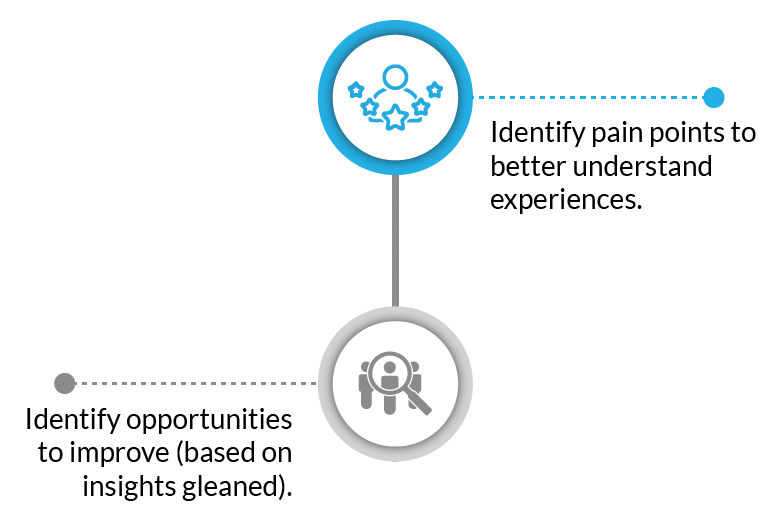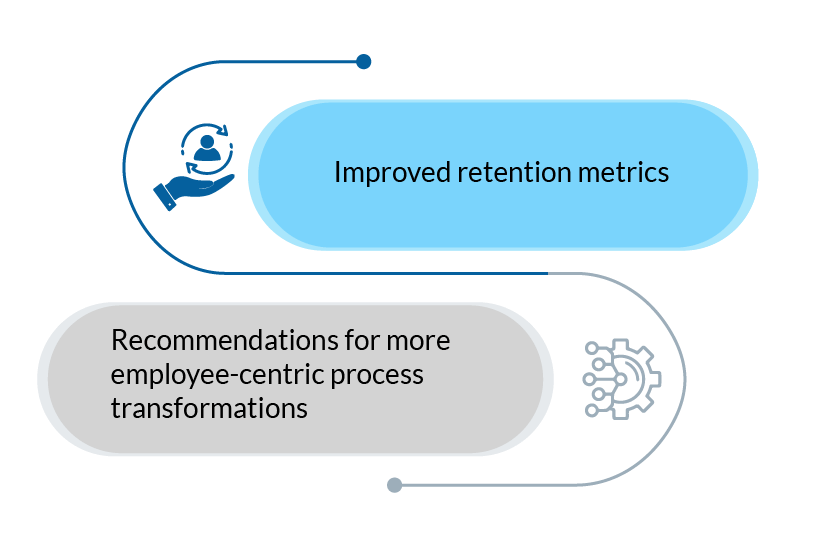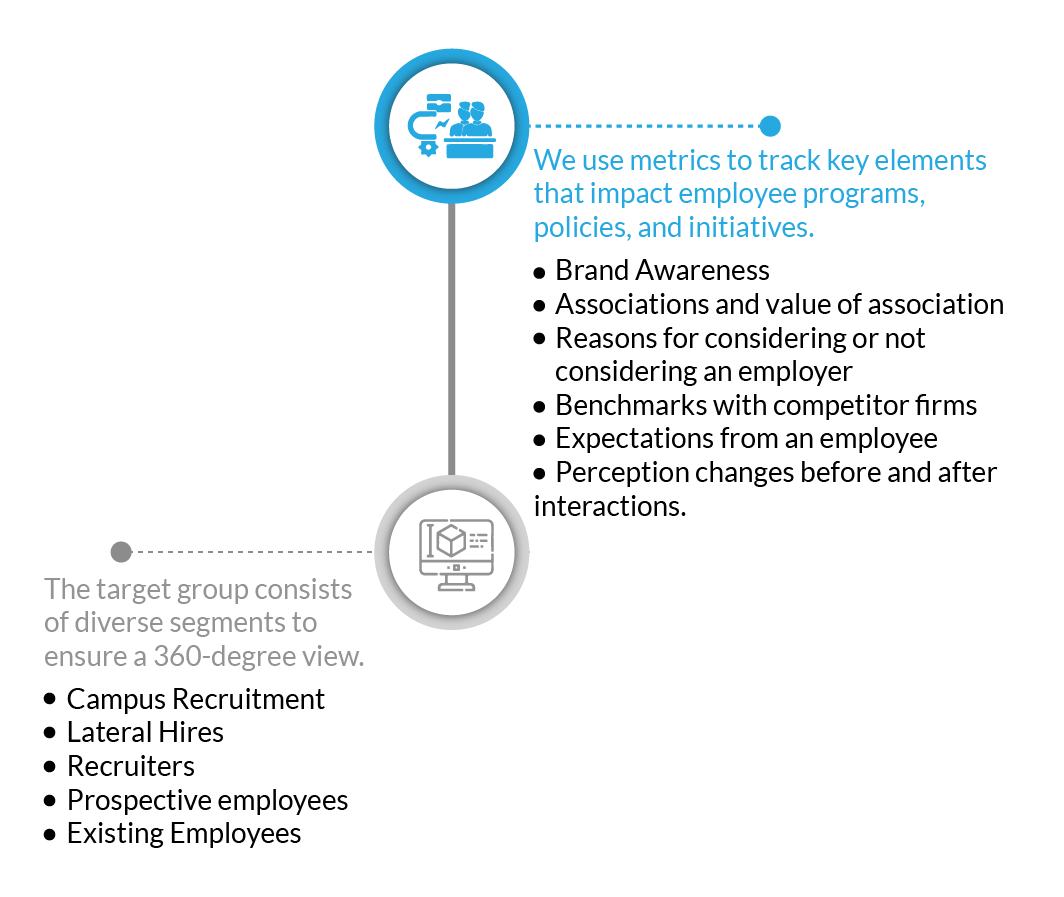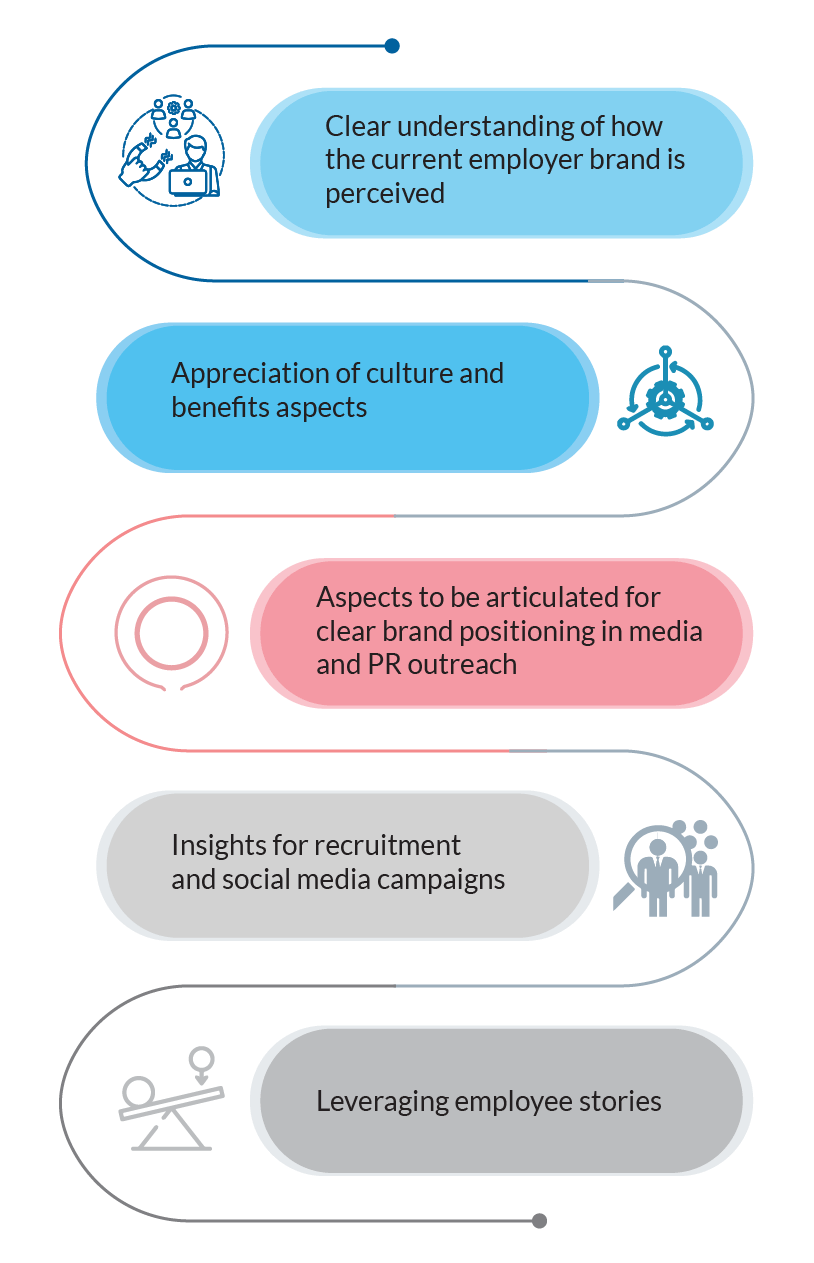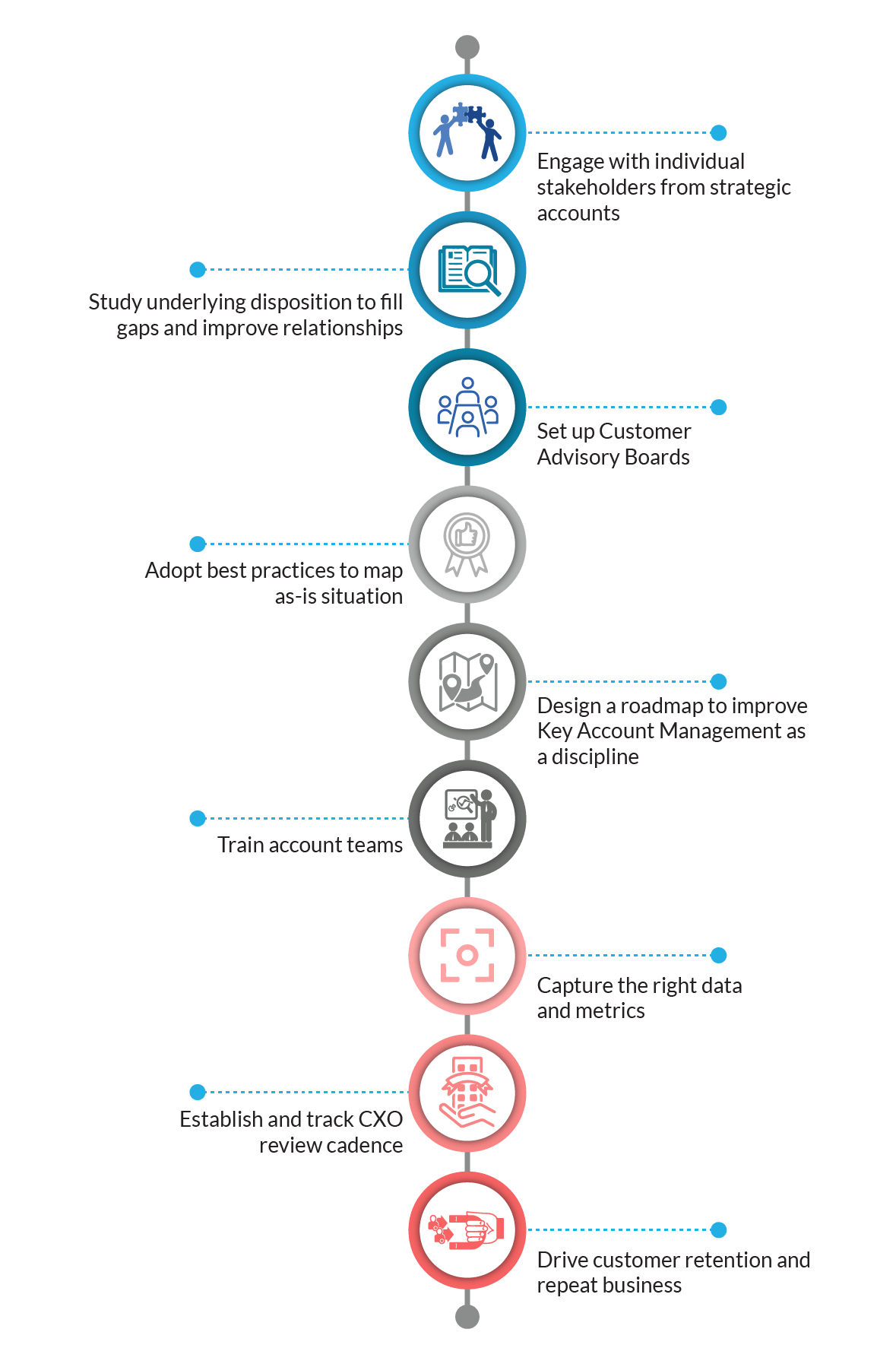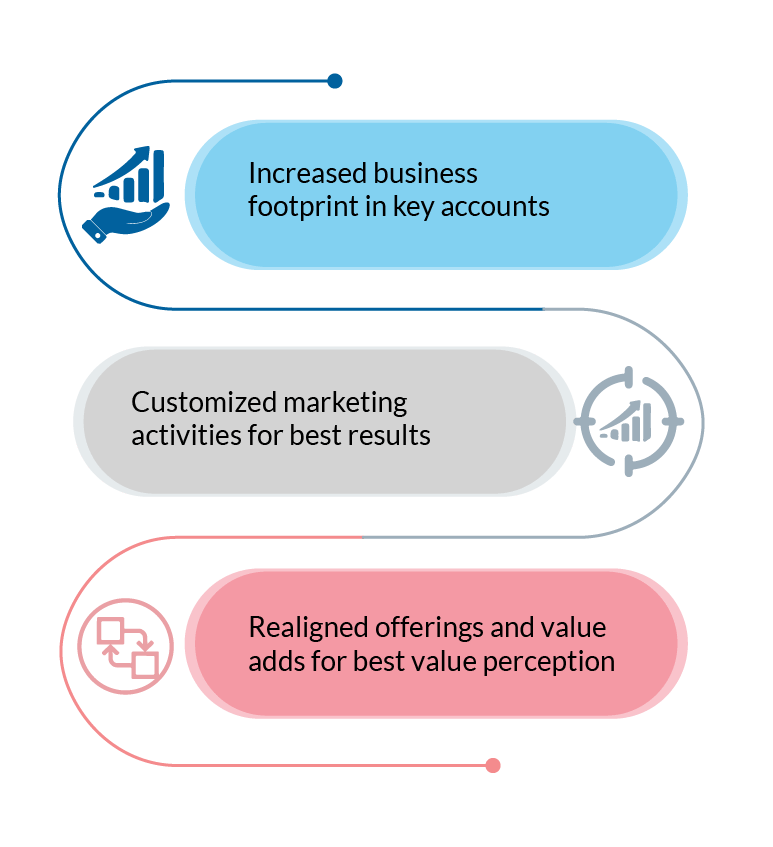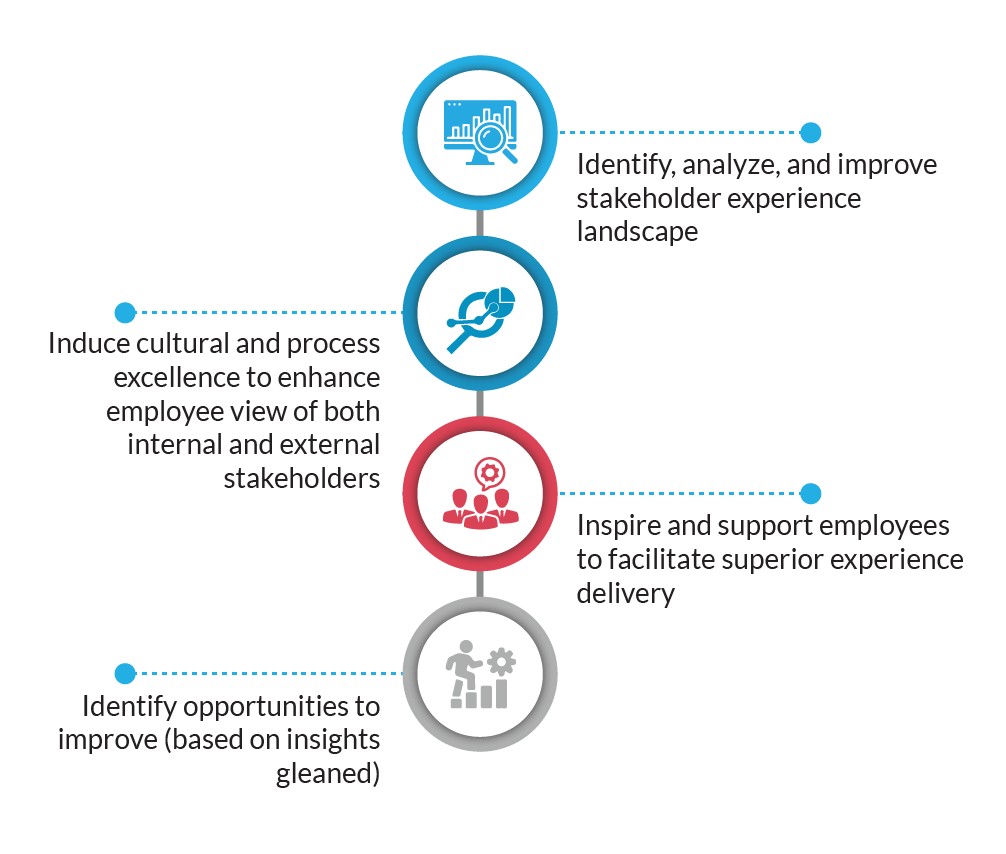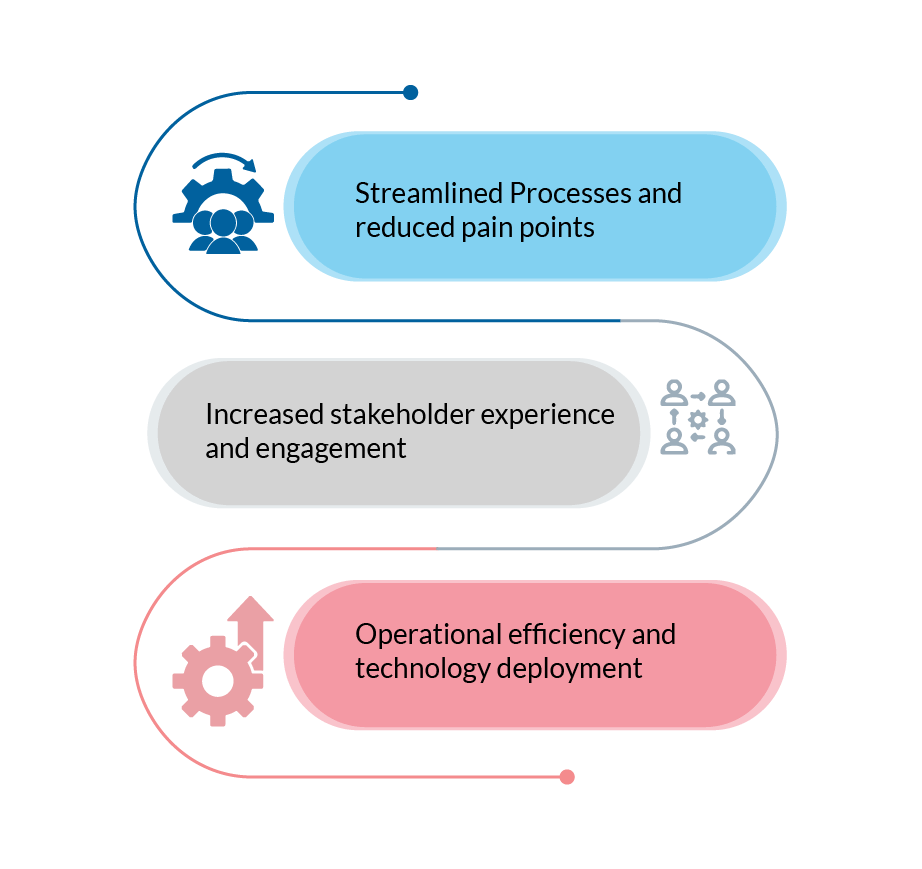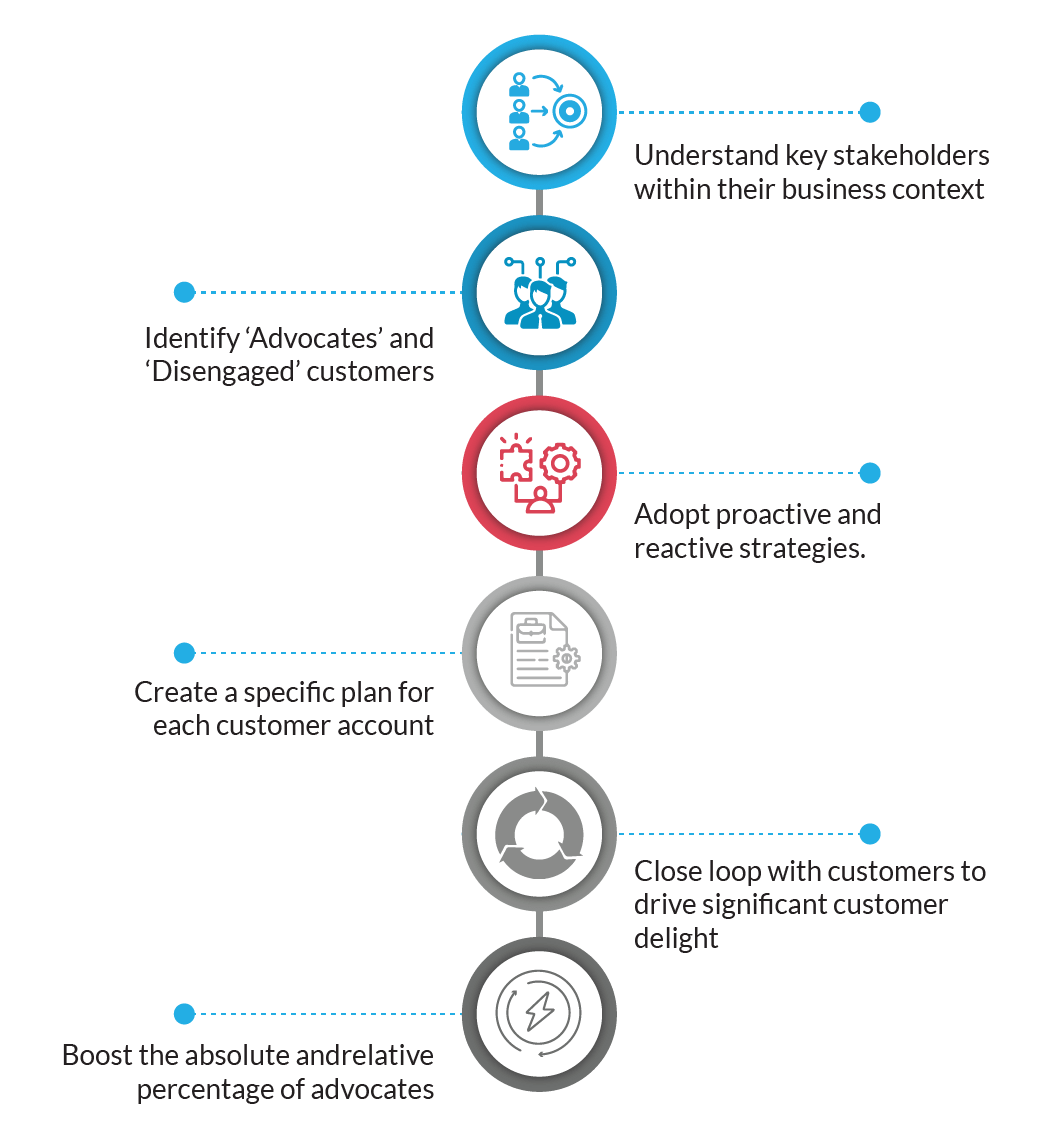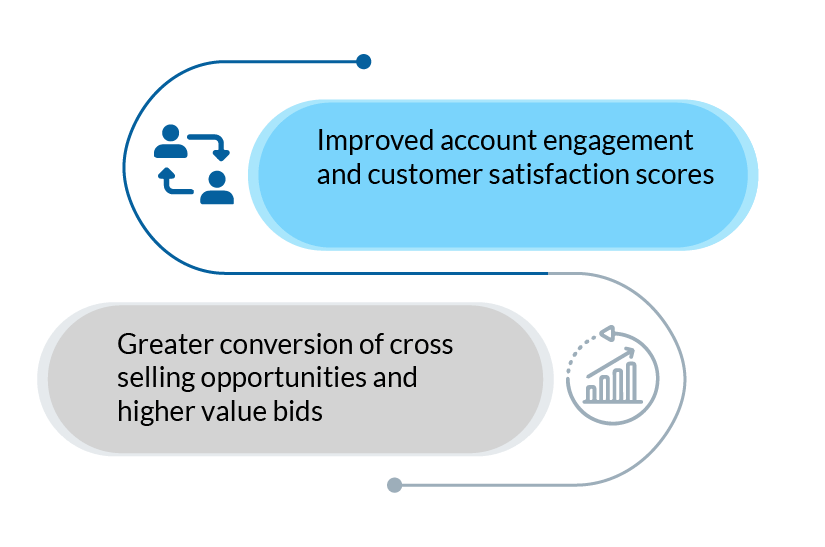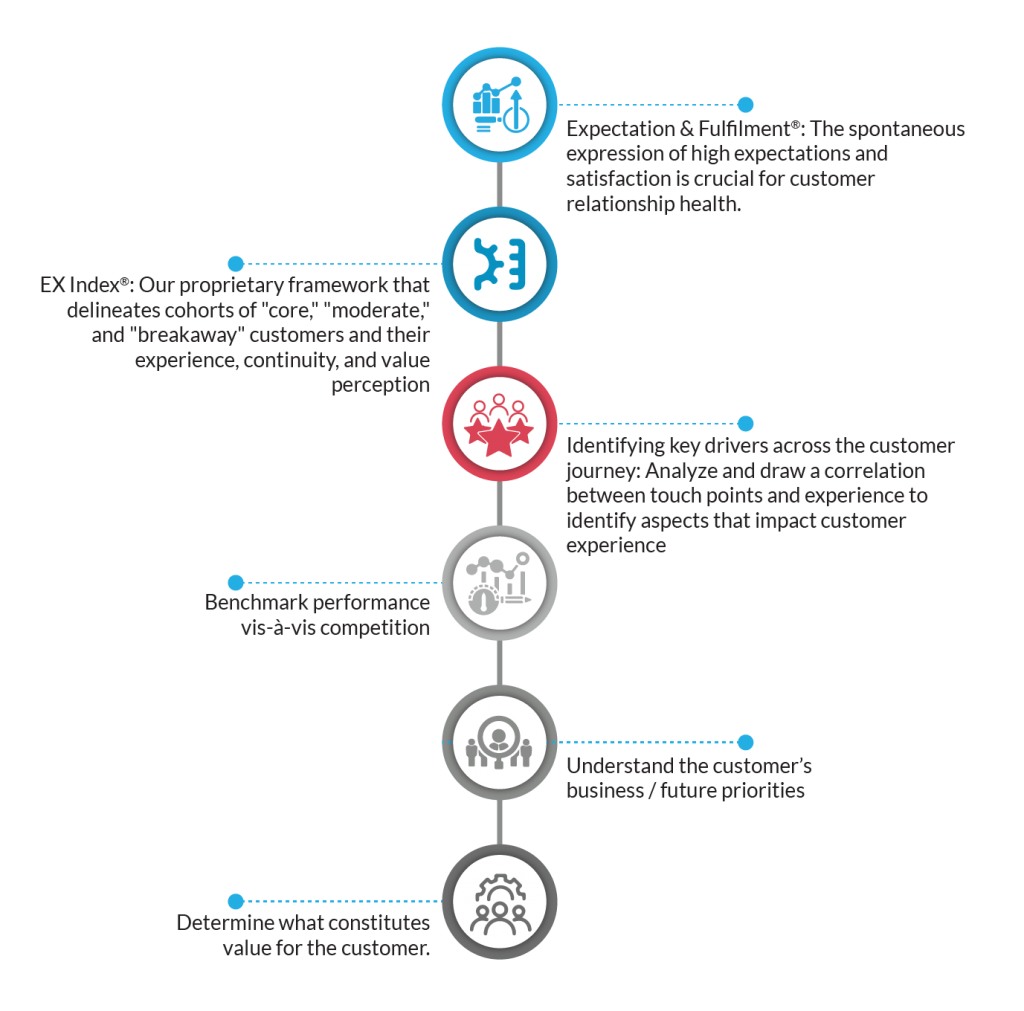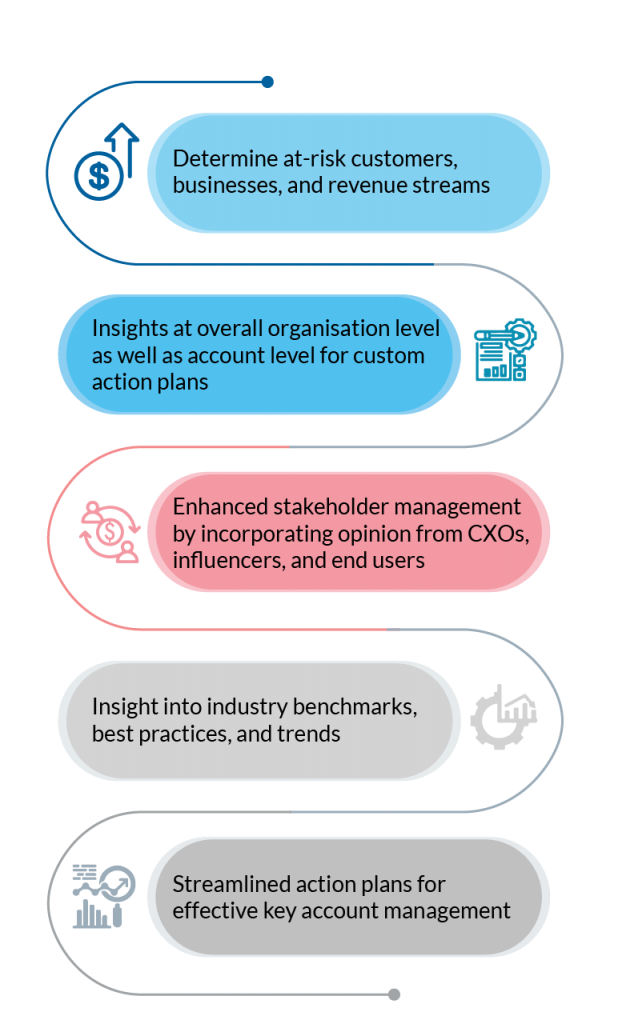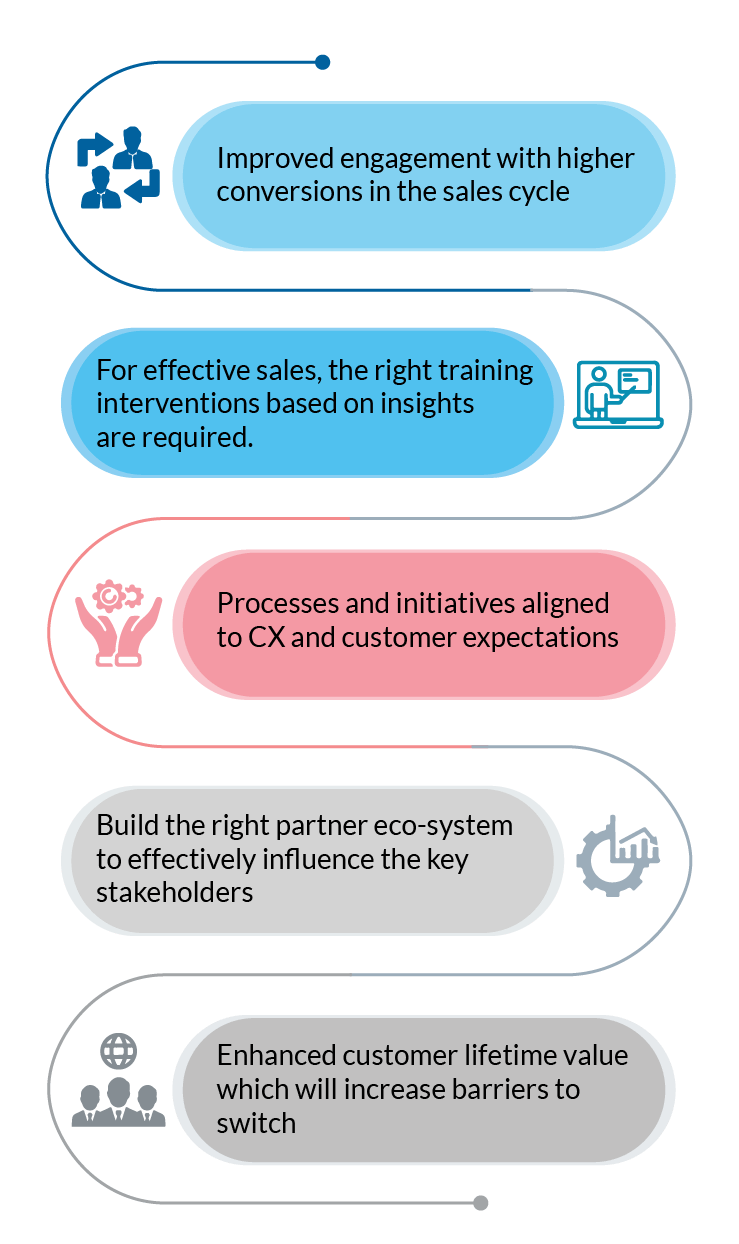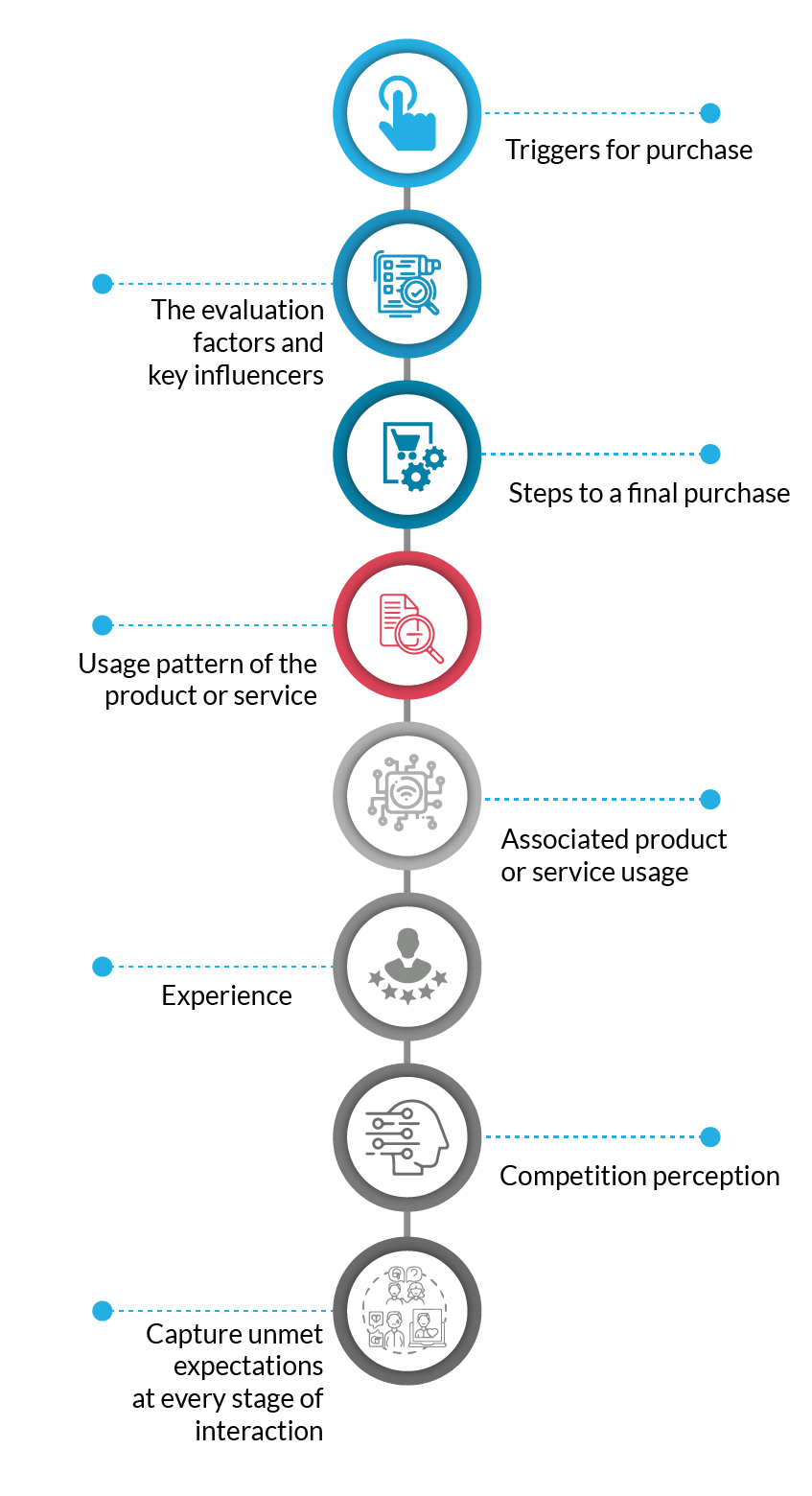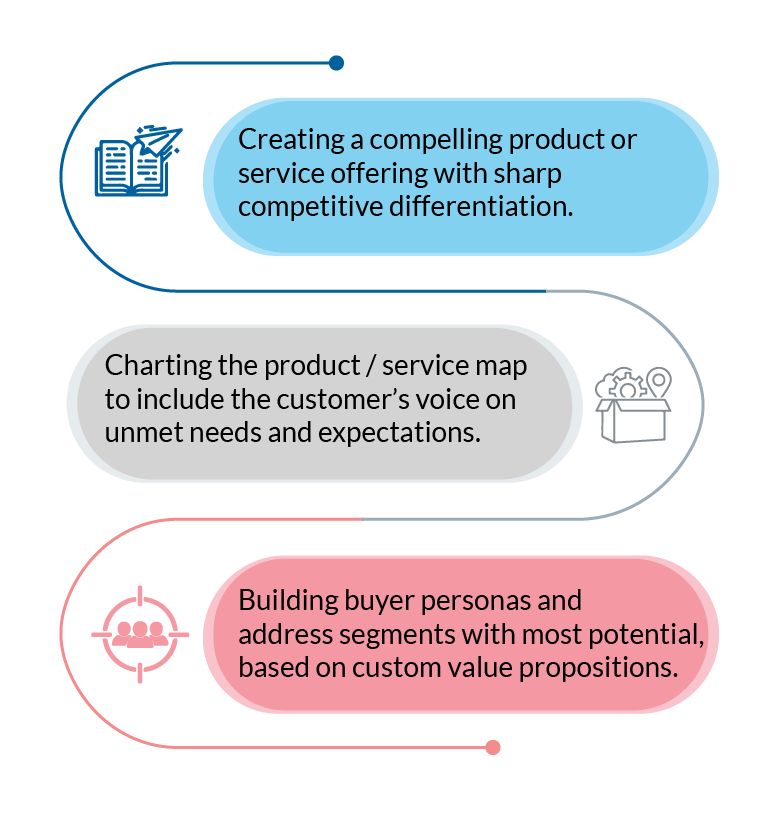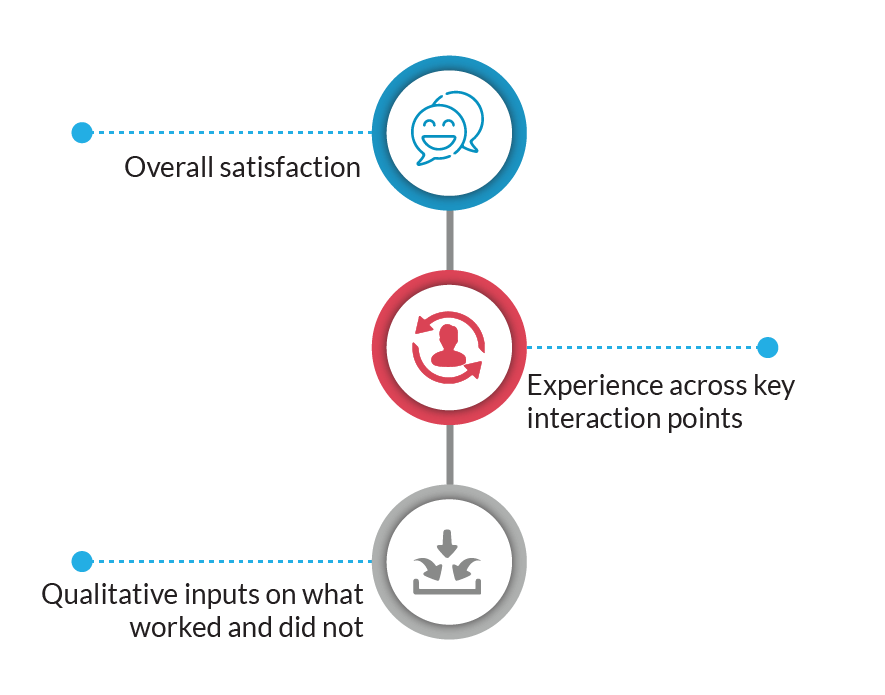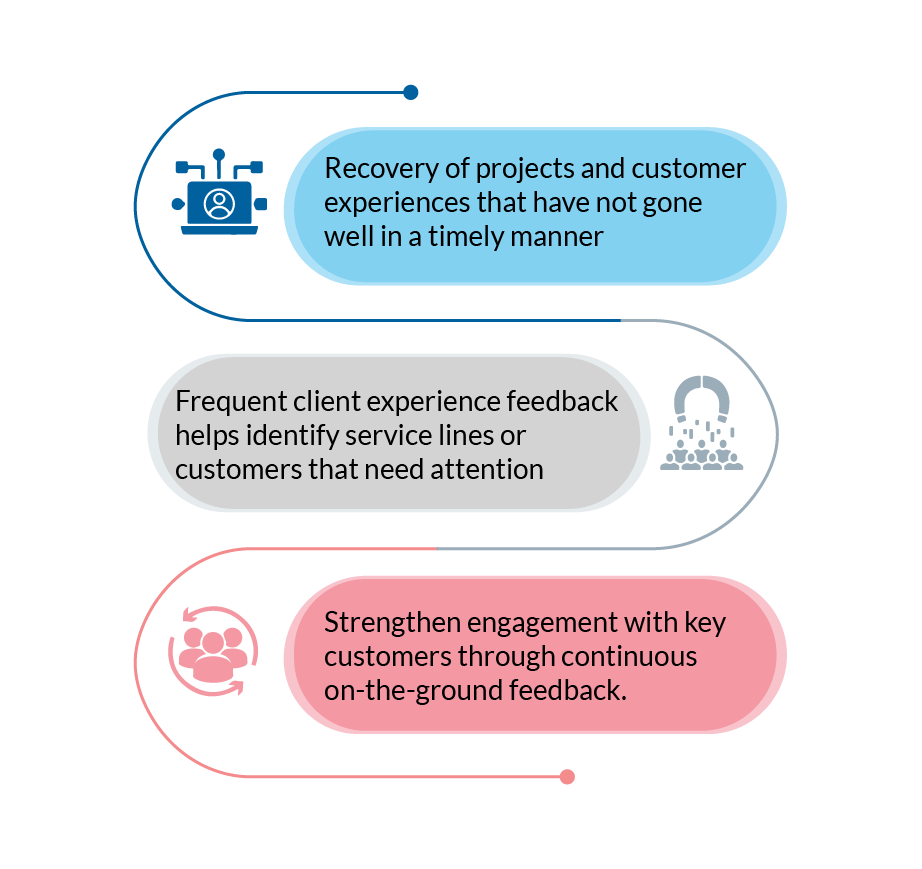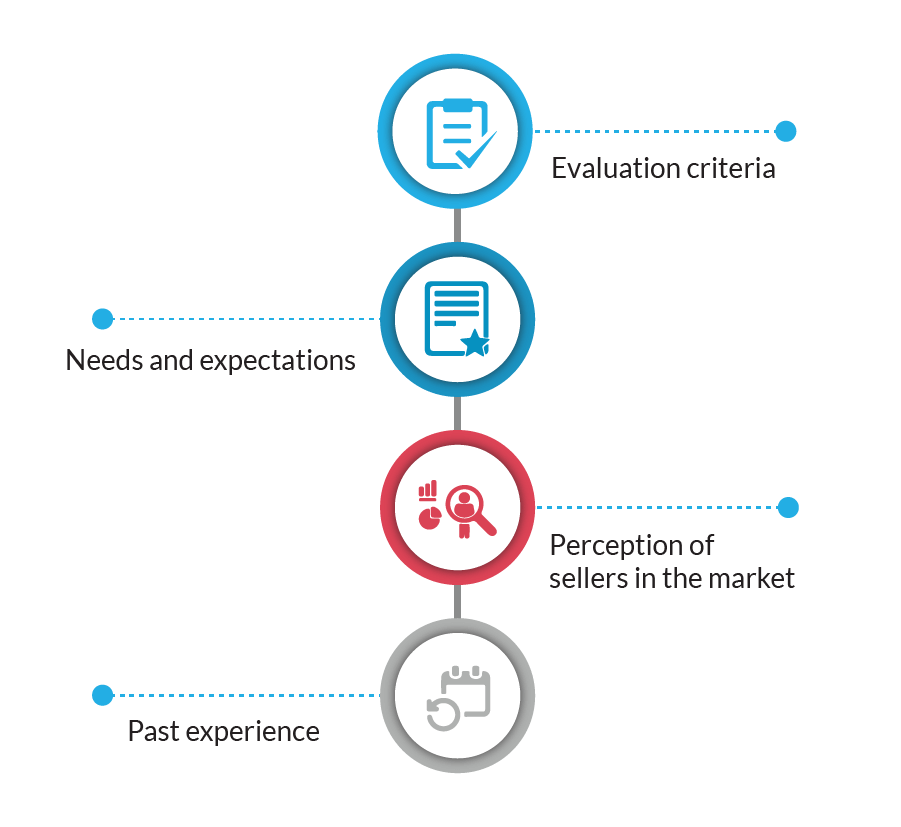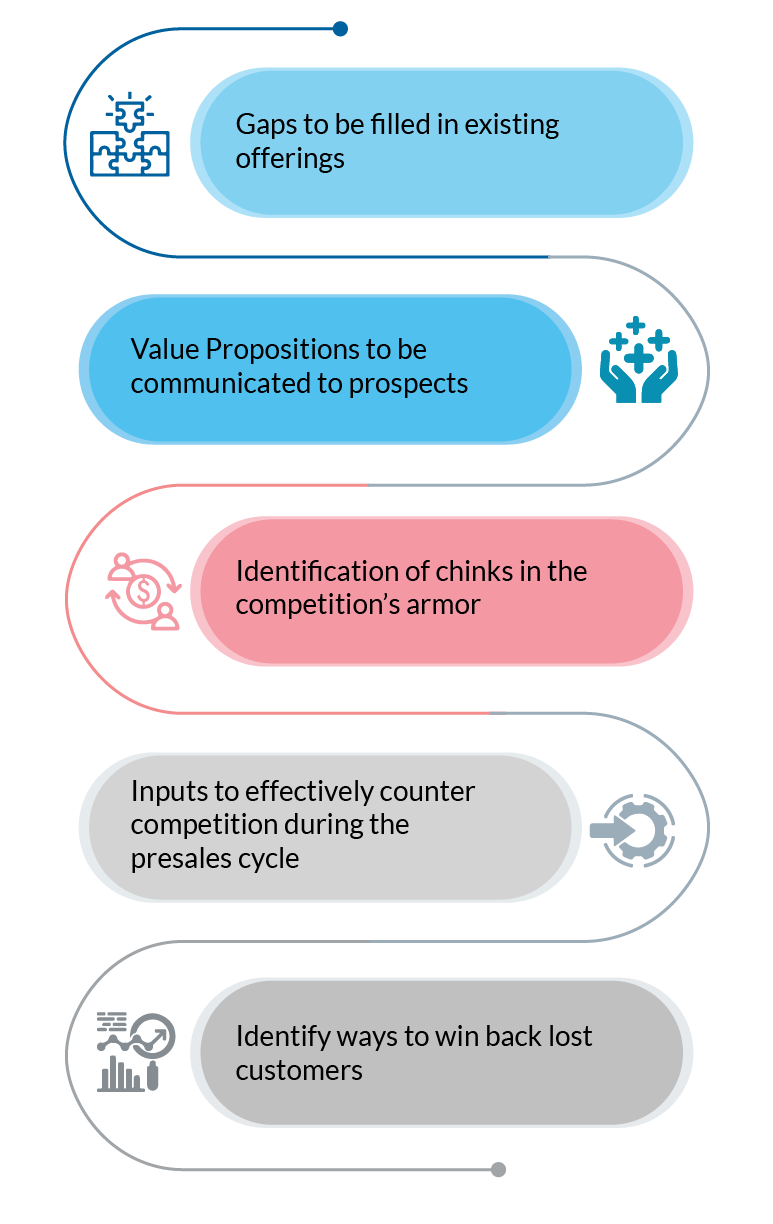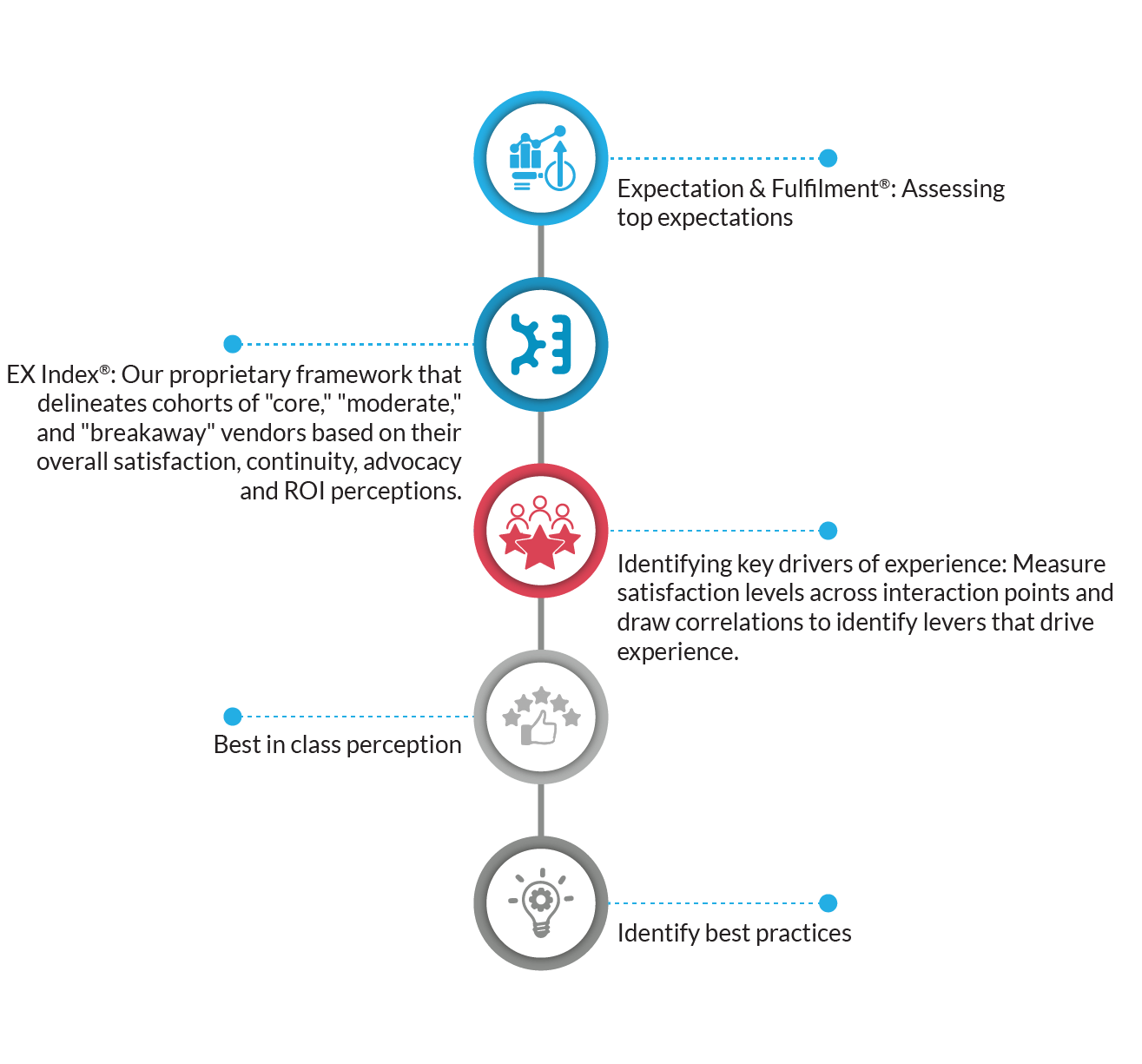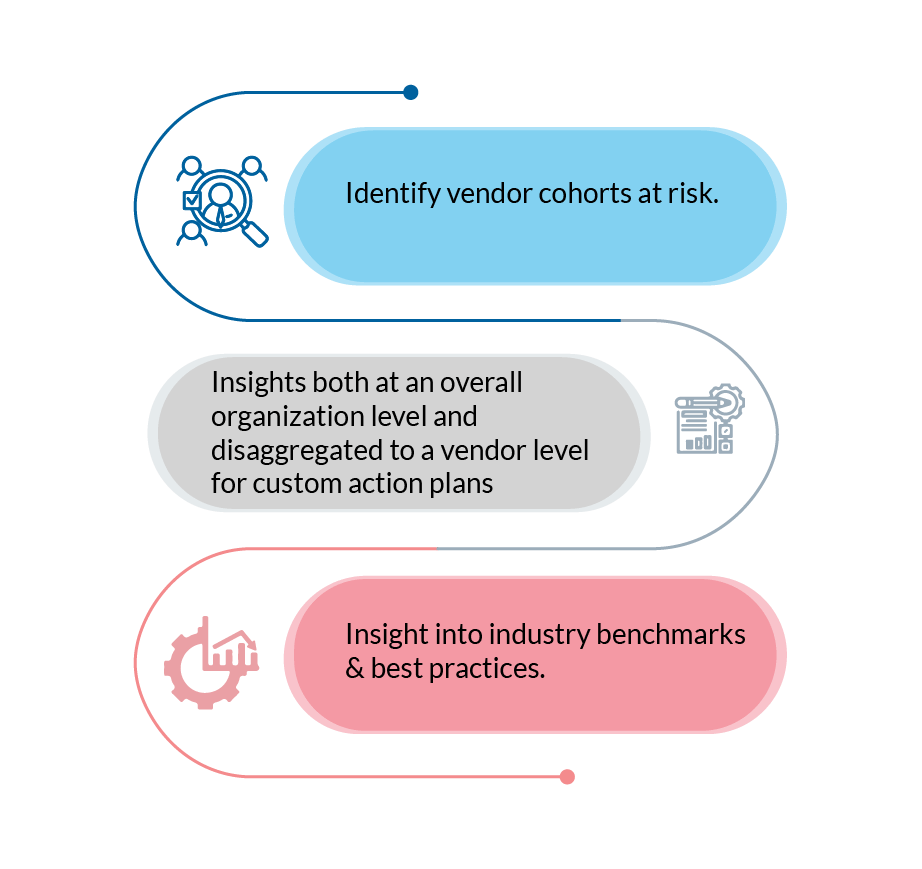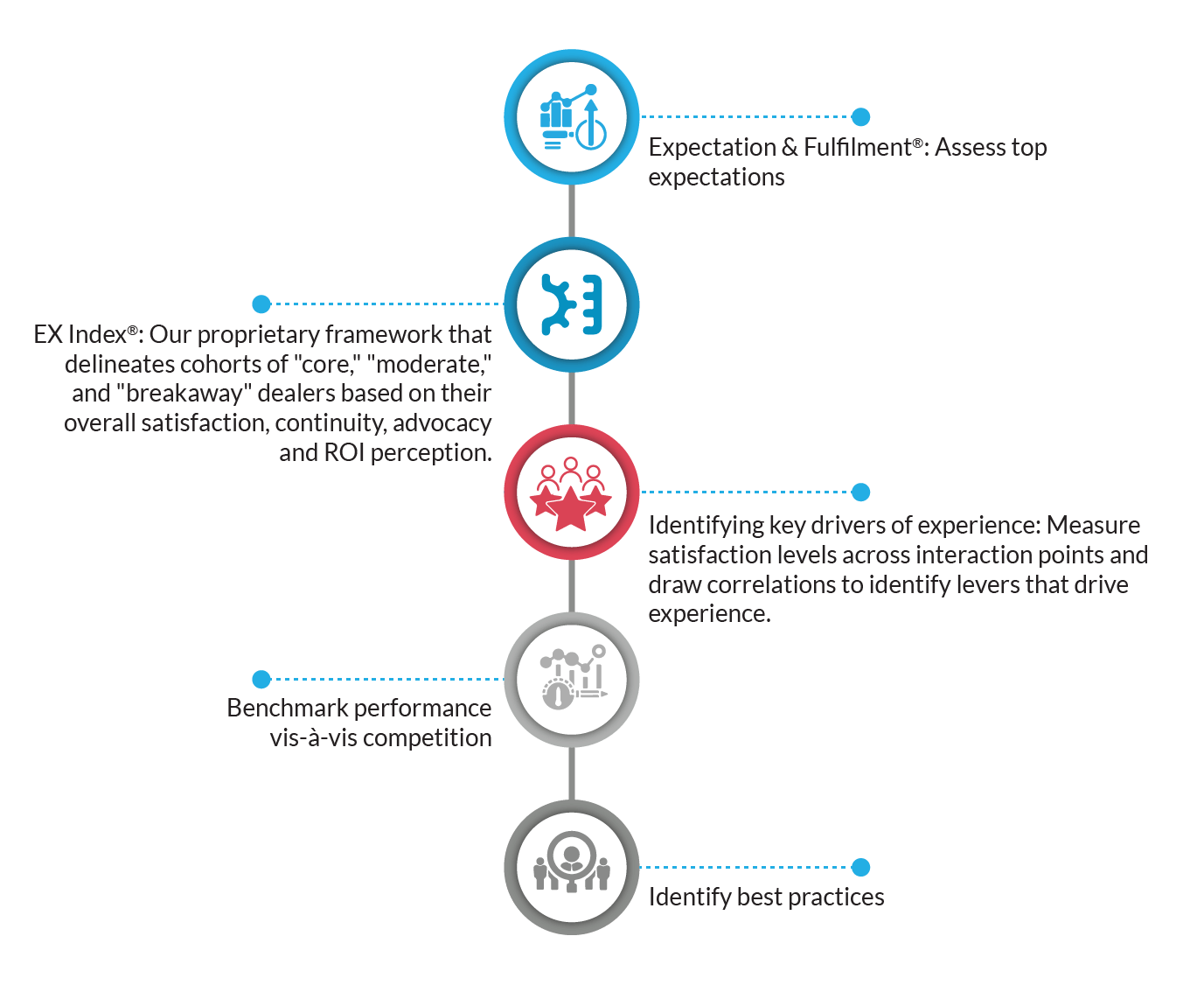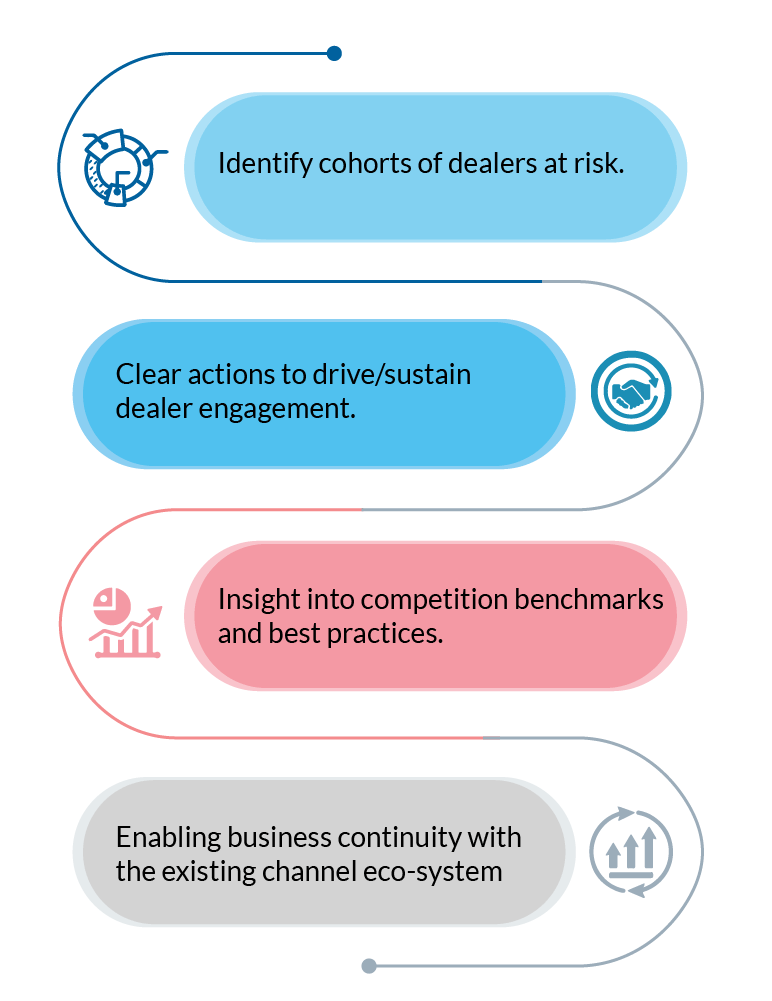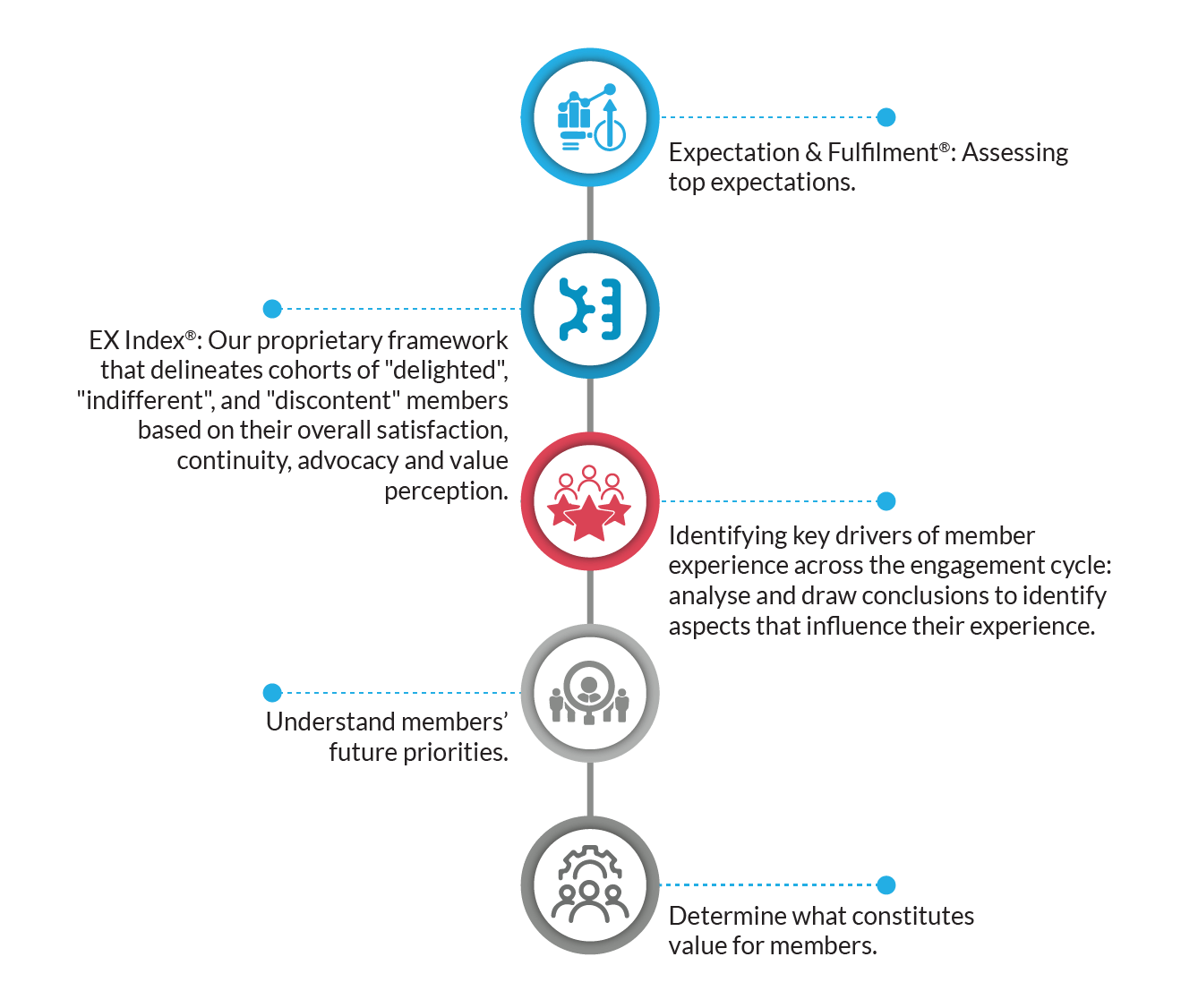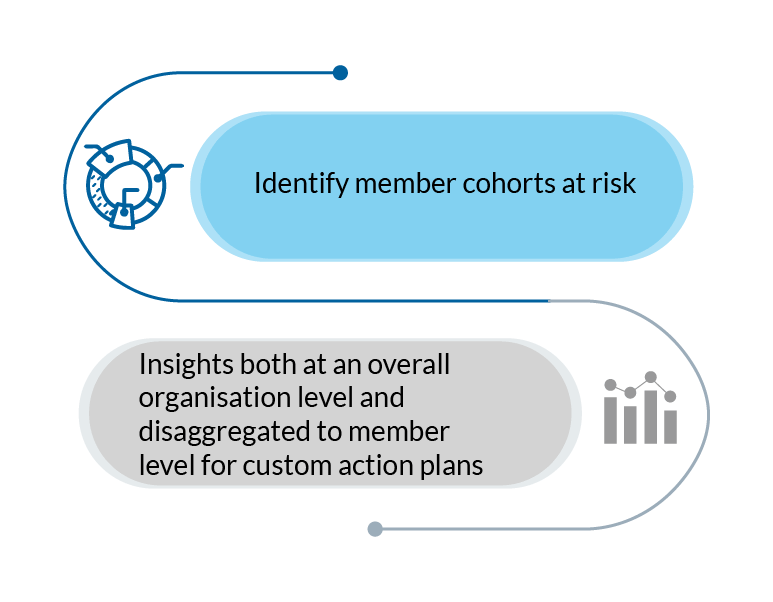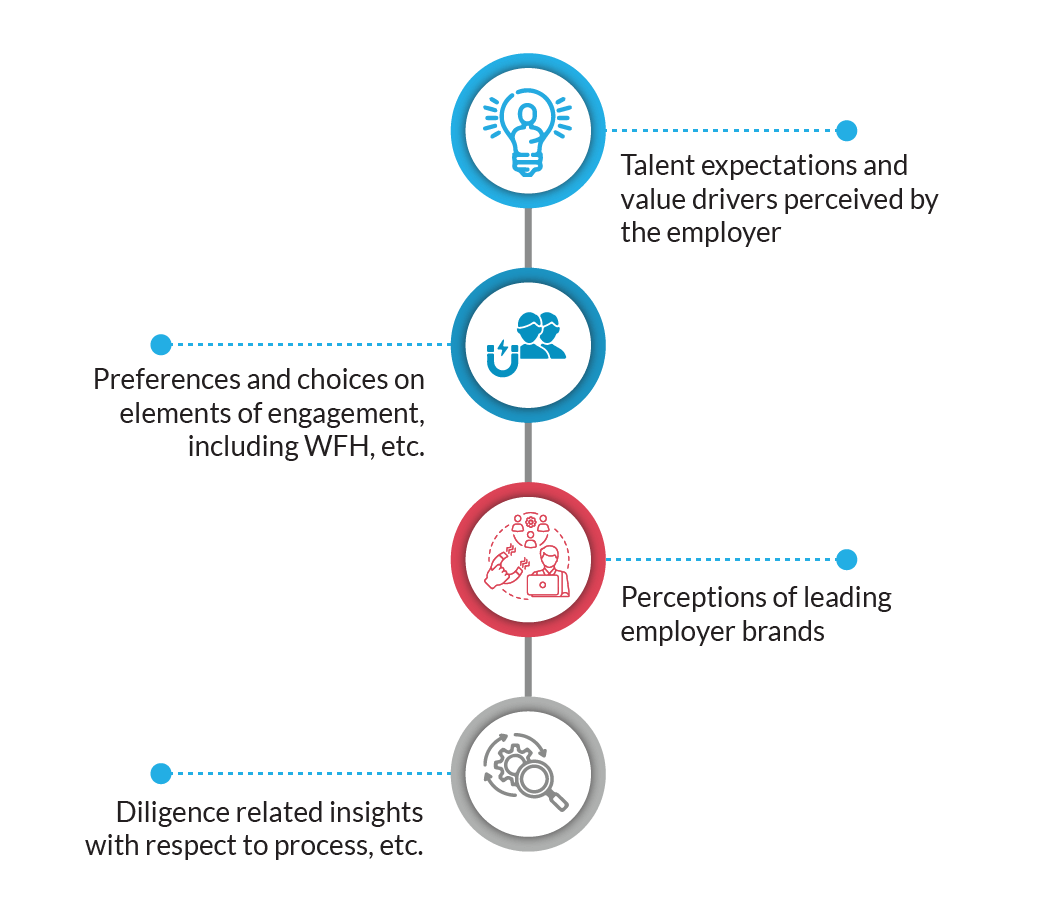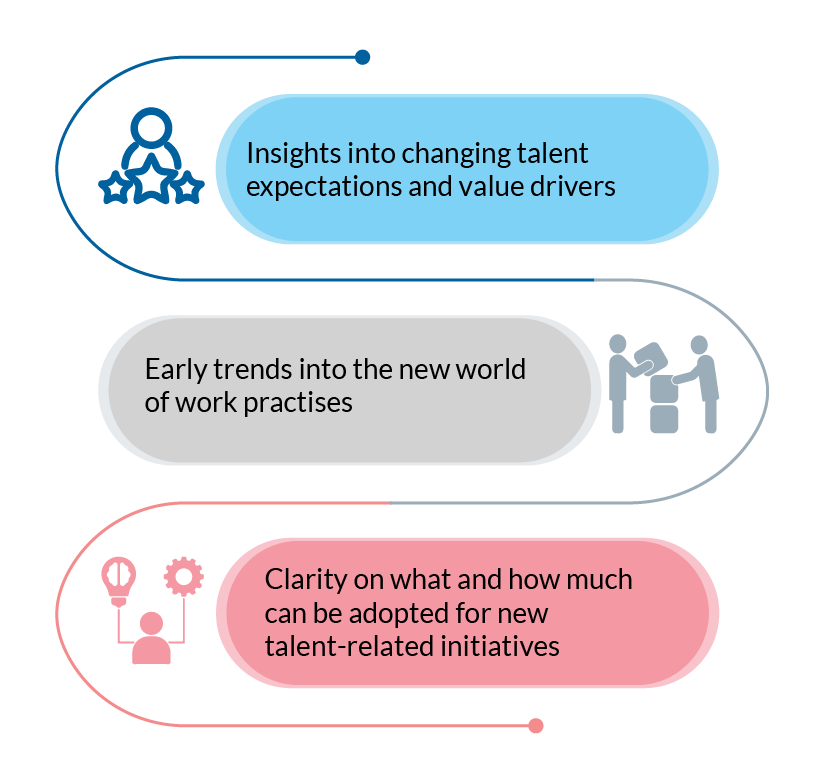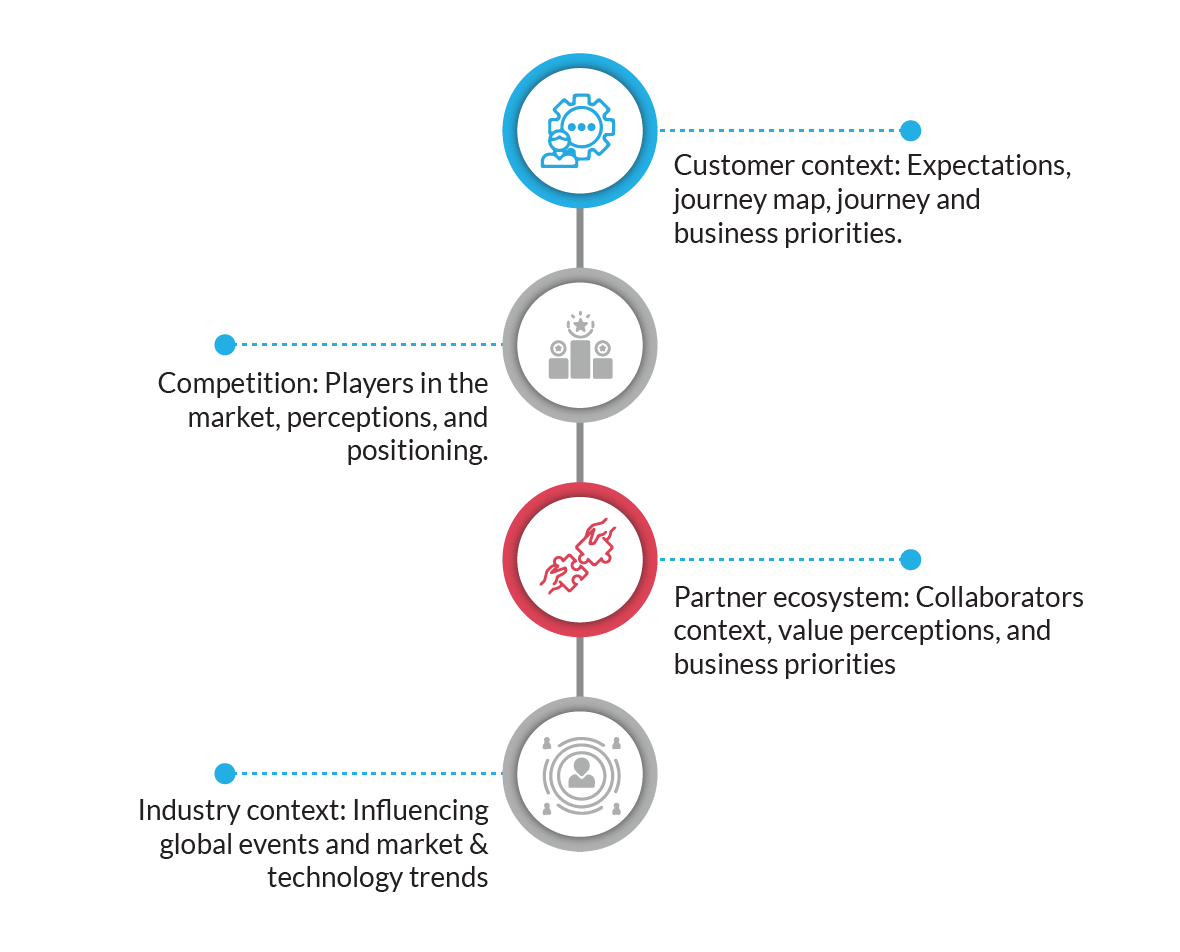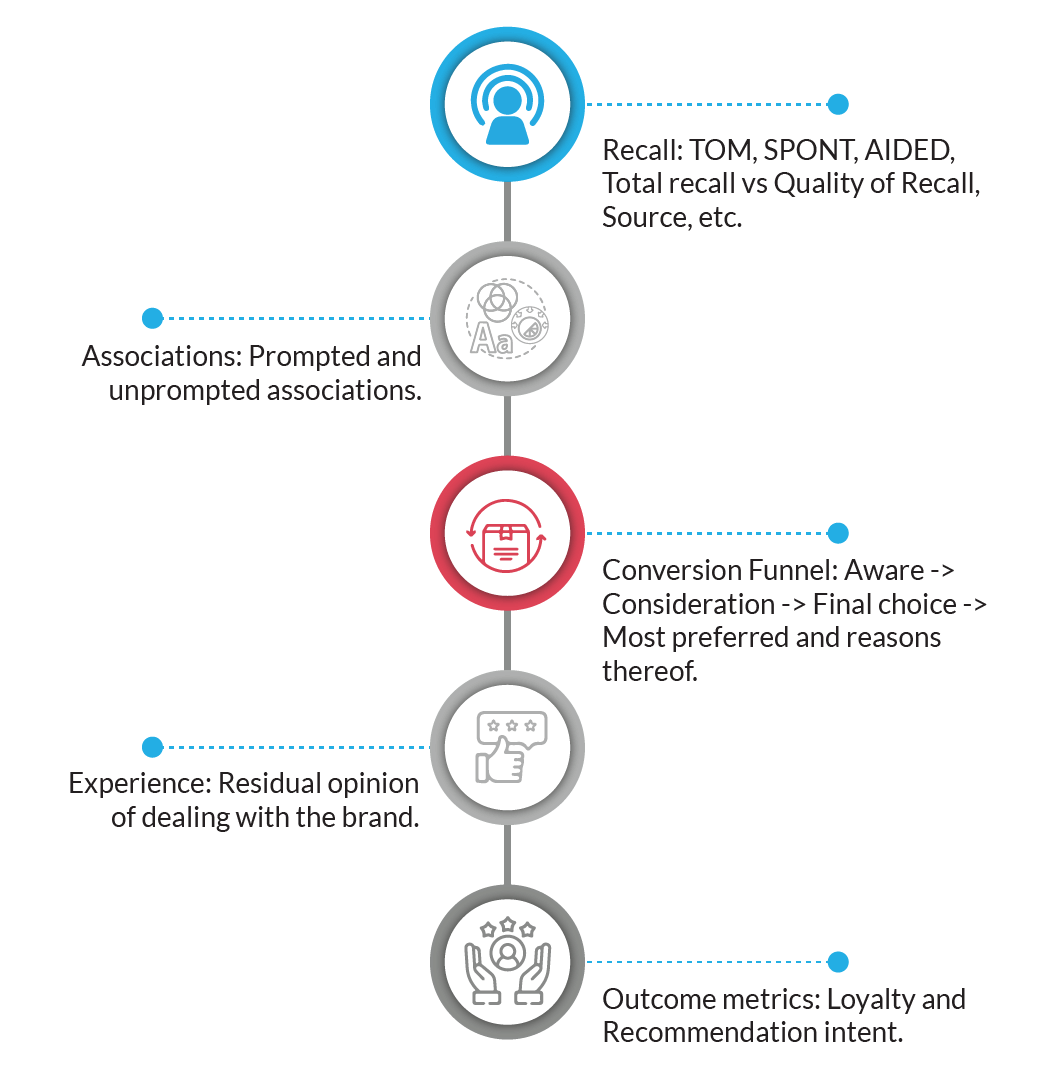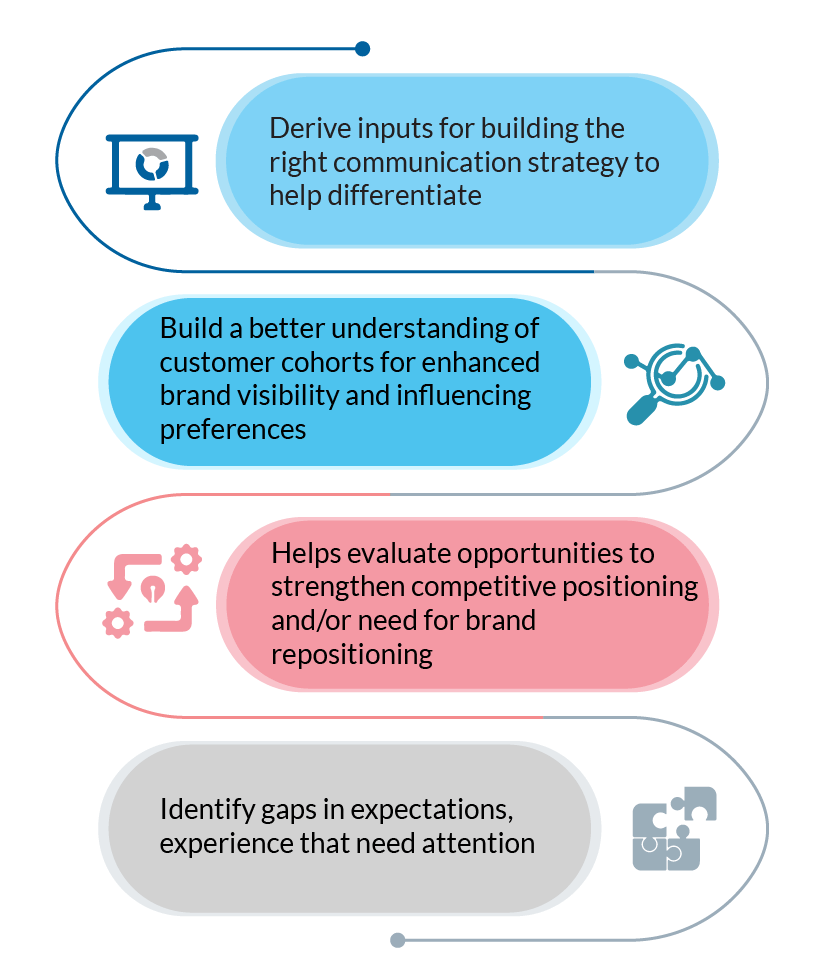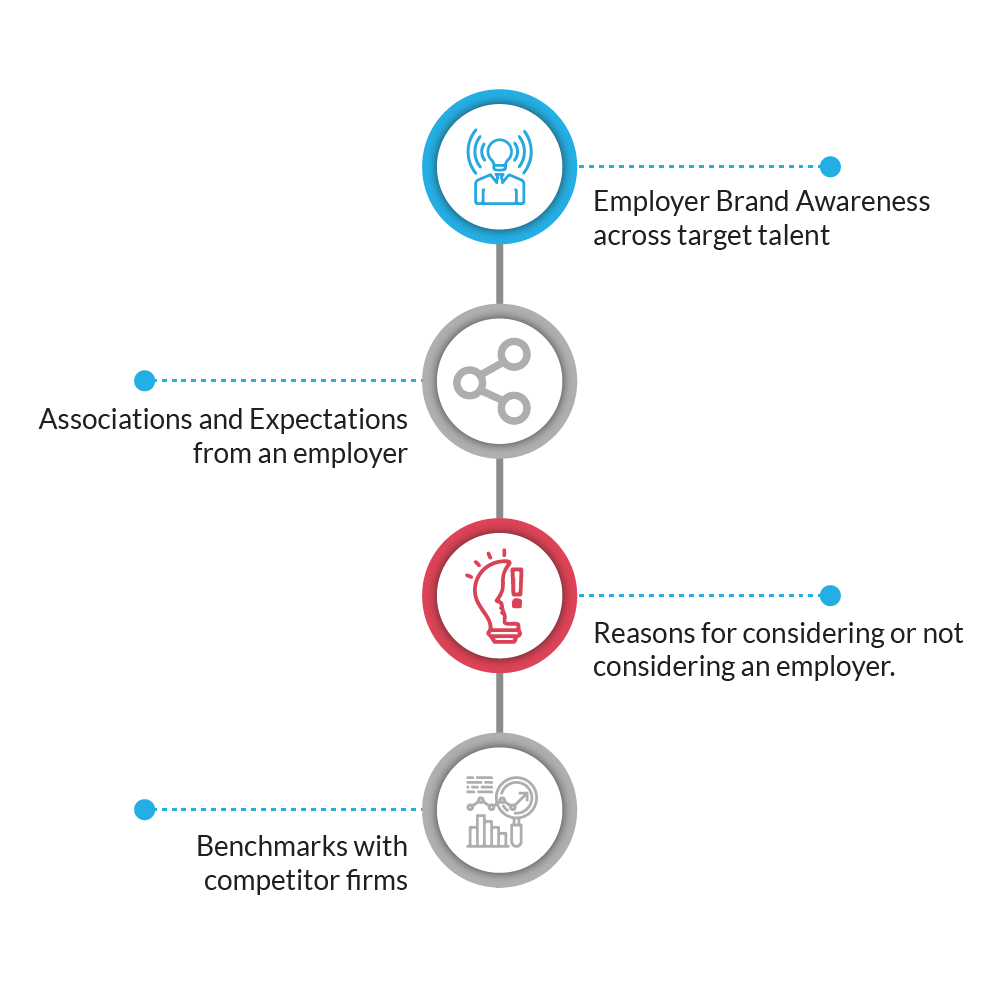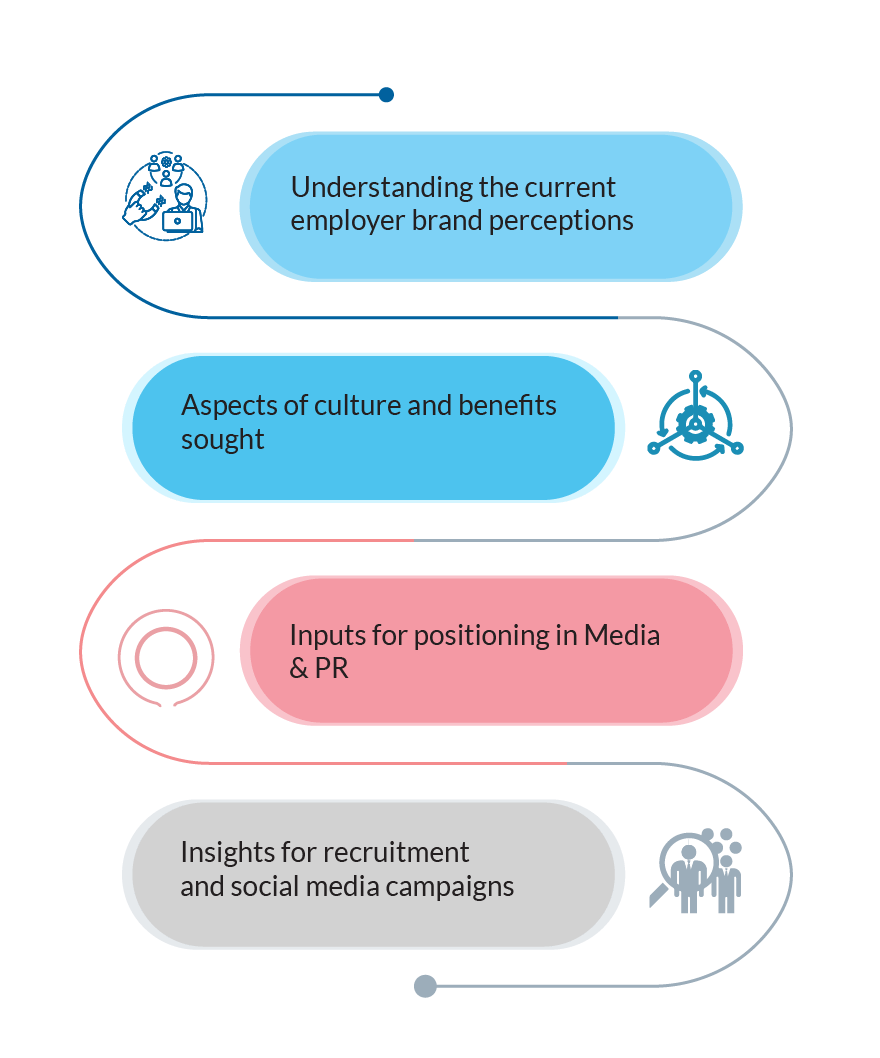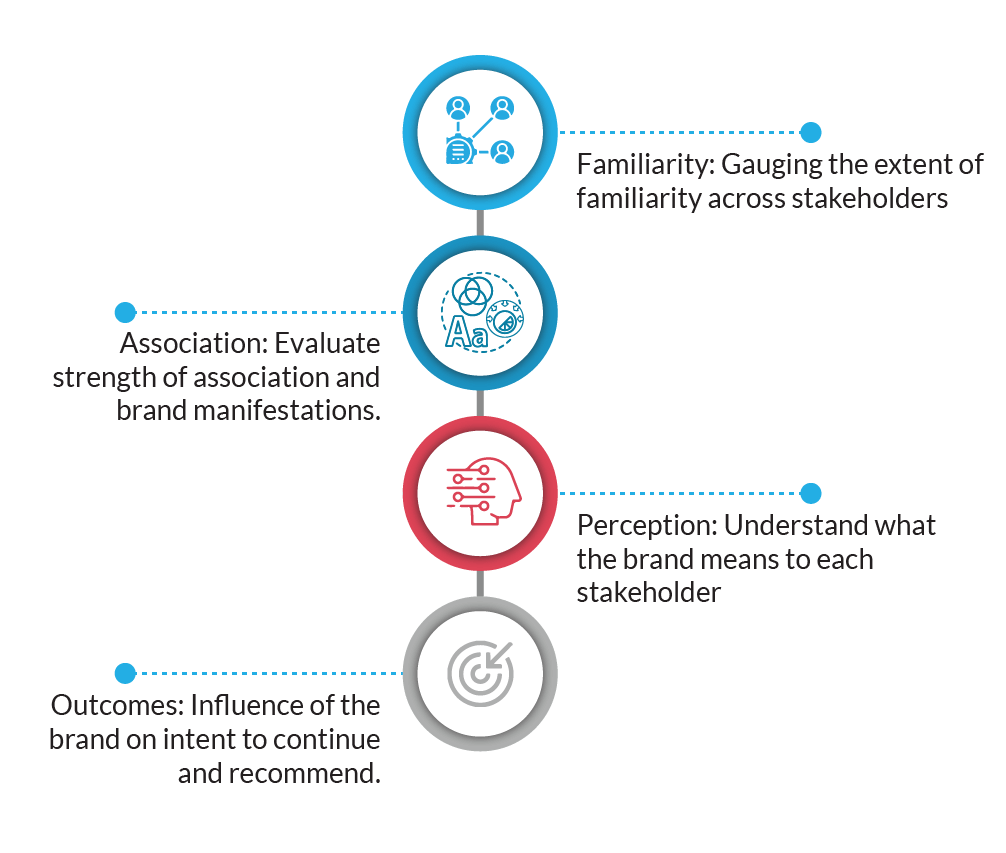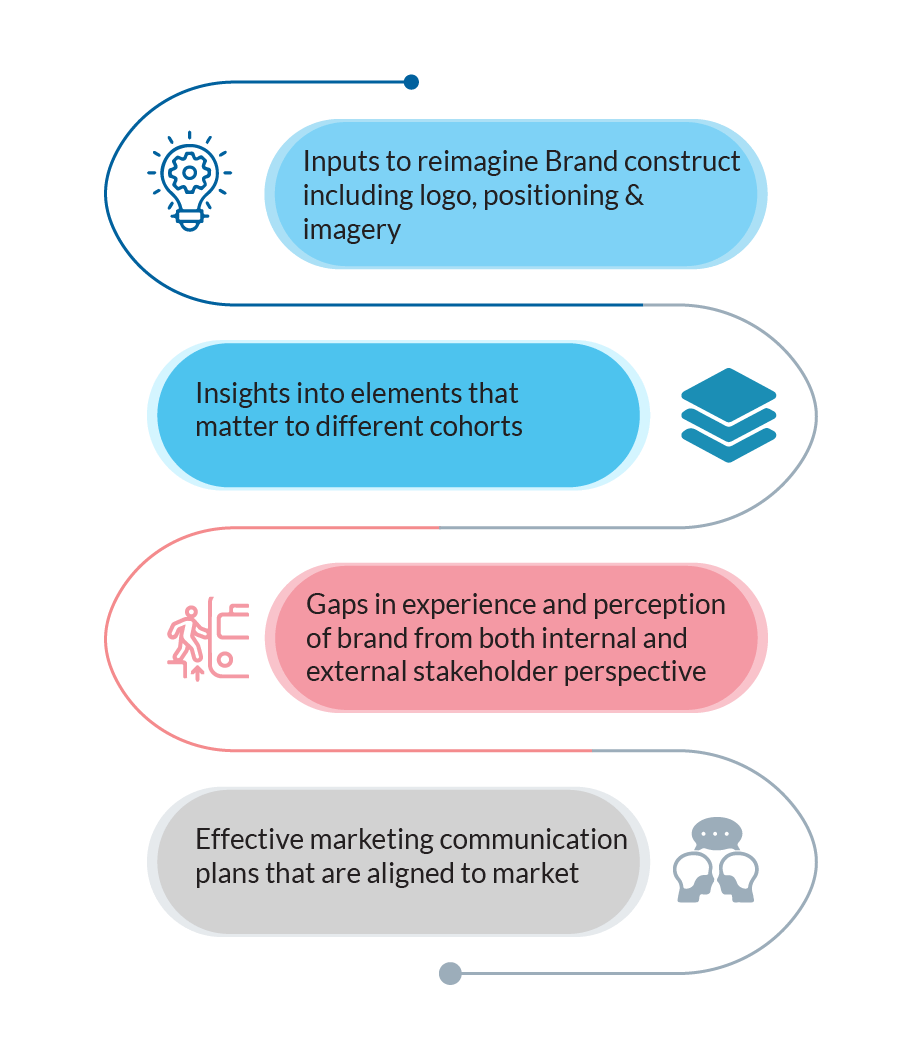“The business of business is relationships; the business of life is human connections.”
– Robin Sharma
Our first in-person Huddle after the pandemic was a testament to how engaging for deeper connections can elevate the customer experience. The Huddle was attended by distinguished guests who shared their invaluable perspectives on engaging with customers, employees, and the brand.
- Jawahar Bekay and Mukund Raghavan talked about evolving customer expectations in today’s world
- Tina Vas, Syeda Meher Taj, and Ramesh S highlighted the importance of employee value proposition
- Madhu Sudhan, Nidhi Lall, and Nary shared their insights on the role of branding in influencing customer experience
Everyone set out to answer the question: how can companies engage customers, employees, and their brand to deliver exceptional customer experience in dynamic markets?
The Modern Approach to Customer Engagement
As customers expect more choices, businesses need to shift from traditional methods of selling.
A better approach is to treat customers as collaborators. Today, customers want to grow and learn in the process. Companies must practice translating knowledge sharing into value. Open communication channels, customer feedback, and co-creation are a few ways organizations can improve the customer experience at every touchpoint in the sales journey.
Expanding on the shift from product to brand, companies need to focus on social well-being rather than just profit. Customers prefer brands that pay attention to employee welfare, climate consciousness, and workplace culture.
How can companies create this culture and become trustworthy brands? One way is to engage better with its employees.
Employee Engagement Drives Customer Trust
Employees want to work with a purposeful company. They want to be a part of something bigger than just a product. Companies need to assure their teams that they are a part of turning that vision into reality.
Well-being at work is now a priority for most employees. Building a people-centric organization means the company cares about its employees. This can be achieved by regularly taking quantitative and qualitative feedback and enacting necessary changes.
Additionally, the senior and middle management play a vital role in driving employee engagement. They need to act as friends, partners, and equals. Building trust with employees ensures they will be heard and recognized.
It’s apparent that employees trust a brand that resonates with them. Therefore, brand engagement has become paramount to improving employee and customer outcomes.
Brand Engagement Builds A Trustworthy Business
More than ever, brands must focus on crafting a compelling message. Organizations need to communicate how the brand can deliver exceptional value.
Additionally, trust is the most valuable asset for any brand. How can companies build it?
For one, they must address the “feeling” side of their customers. Customers feel more connected to a brand that understands their emotions.
Personalization has become central to brand engagement. If a company can articulate the same brand narrative effectively to developers and CEOs, it will win. Technology can help personalize the message, from educating the audience to the sales touchpoint.
Today, the brand has gone beyond the product. It has become a culmination of the culture, employees, and everything else it can offer – including all its services.
The ever-growing role of Servitization
Customers prefer buying services to products alone. Brands that can provide a complete service model for their purchase bring customers at ease and build more trust.
Modern customers say, “We would like you to ensure the machine’s uptime. We will pay for it.” This confidence and shifting of context from product to service has brought in a market-changing value differentiation. This is an opportunity for manufacturing organizations. It also shows that the company is aware of the impact it makes. Servitization models are often also connected with climate consciousness – an essential aspect of building trust in the brand.
Connect Deeply to Deliver Exceptionally
Deeper connections lead to a better customer experience. It defines how technology will be leveraged. It drives the company culture. It lays the groundwork for building a sustainable brand.
If you want to learn more about how customer experience influences tech, people, and brands, stay tuned for our next thought leadership article from the Huddle!


















